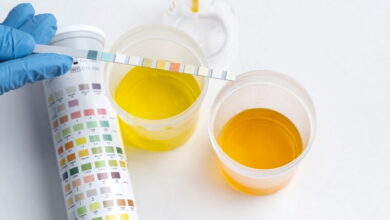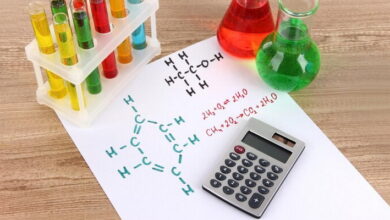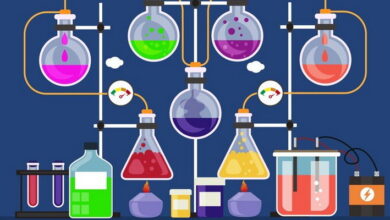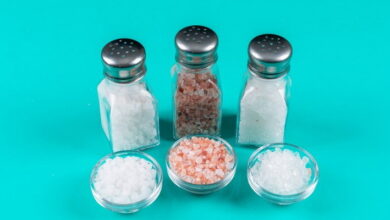Properties of Acids and Bases MCQs with Answers
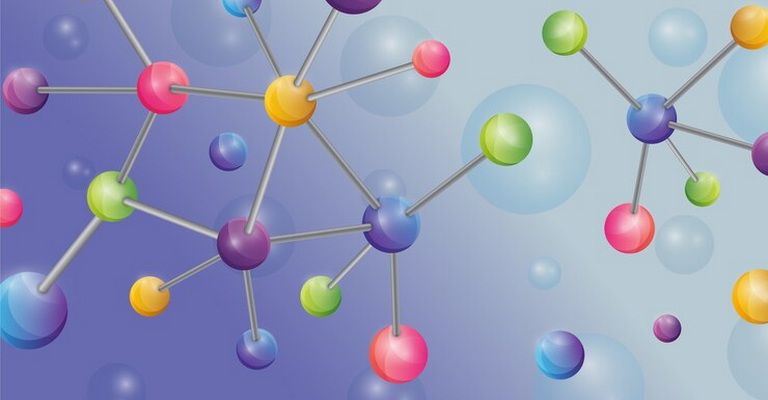
Welcome to the Properties of Acids and Bases MCQs with Answers, it helps learners quickly identify areas for improvement in Properties of Acids and Bases Online Test.
| Acids and bases are fundamental concepts in chemistry, influencing various chemical reactions and biological processes. Properties of Acids and Bases encompass their characteristic behaviors and effects in solutions. MCQs on properties of acids and bases often focus on identifying acidic or basic properties based on their reaction with indicators or metals, understanding their strengths and weaknesses in terms of pH control and chemical reactivity.
Acid strength multiple choice questions assess the relative strength of acids based on their ability to donate protons. Base properties MCQs cover topics such as identifying strong bases capable of accepting protons and their effects on pH levels in aqueous solutions. Acid-base indicators exam questions explore the use of indicators to determine pH ranges and the color changes associated with different acid-base reactions. pH measurement MCQs test knowledge of methods and devices used to measure pH accurately in various solutions, essential for analytical chemistry and environmental monitoring. |
Properties of Acids and Bases Online Quiz
By presenting 3 options to choose from, Properties of Acids and Bases Quiz which cover a wide range of topics and levels of difficulty, making them adaptable to various learning objectives and preferences. You will have to read all the given answers of Properties of Acids and Bases Questions and Answers and click over the correct answer.
- Test Name: Properties of Acids and Bases MCQ Quiz Practice
- Type: Quiz Test
- Total Questions: 40
- Total Marks: 40
- Time: 40 minutes
Note: Answer of the questions will change randomly each time you start the test. Practice each quiz test at least 3 times if you want to secure High Marks. Once you are finished, click the View Results button. If any answer looks wrong to you in Quiz, simply click on question and comment below that question, so that we can update the answer in the quiz section.
Download Certificate of Properties of Acids and Bases Test
On the end of Quiz, you can download the certificate of the quiz if you got more than 70% marks.
Properties of Acids and Bases Flashcards
If you are interested to enhance your knowledge regarding Physics, Computer, and Biology please click on the link of each category, you will be redirected to dedicated website for each category.

